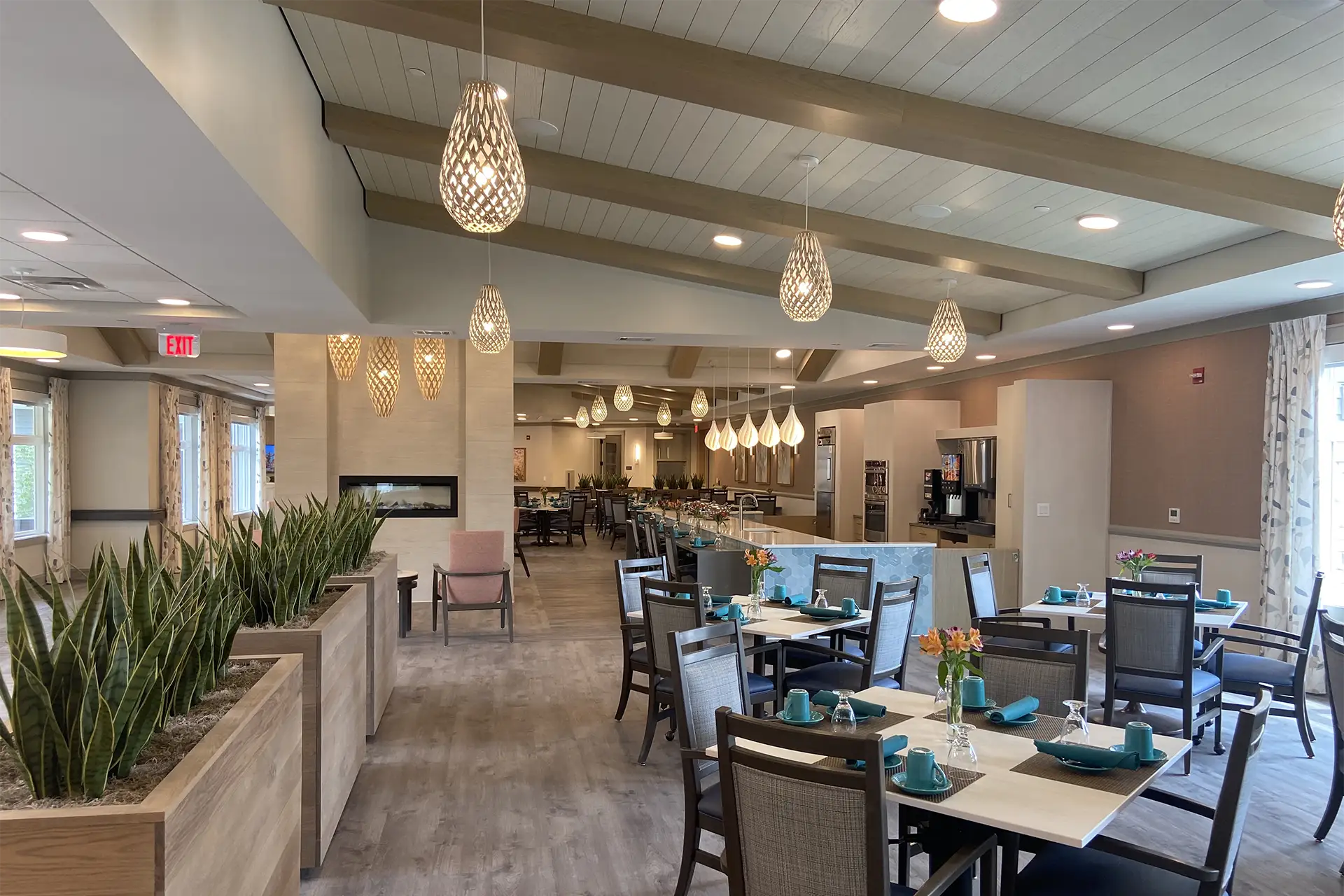Today, there are over 46 million adults over the age of 65 in the United States; by the year 2050, that number is expected to grow to almost 90 million. In 2021, baby boomers are the second-largest world population according to the U.S. Census.
Statistics and numbers aside, baby boomers have been hailed as the generation who changed our country. Growing up during the turbulent 20th century meant coming of age in the aftermath of World War II, complete with the traditional ideals of the 1940s and 1950s.
Younger generations have the baby boomers to thank for taking society into their own hands, creating a more progressive and inclusive world, and contributing some of the greatest music and art.
Unfortunately, one survey of adults over the age of 60 found that 80% experienced some form of ageism. Some experienced the assumption that due to their age, they had memory problems. Some reported simply not being taken seriously in work or social settings, or being the butt of an “old person joke.”
What is Ageism?
Ageism is defined as “the prejudice or discrimination on the grounds of a person’s age.” Currently, ageism has become a socially contstructed view of older generations based on negative stereotypes, opinions and attitudes.
Patronizing language and infantilizing actions (like assuming that an older person needs help walking, readin, or hearing) are two of the most common forms of ageist behavior, and can have debilitating effects on the self-worth and self-esteem of older adults.
Many of these negative stereotypes stem from the idea that older adults are in poor health, and need constant assistance with their memory and daily activities.
Some adults do find themselves facing concerns regarding cognitive decline, sight and hearing, or other problems as they age, but many older adults are the image of perfect health.
However, studies have shown that regardless of an older adult’s health or personal esteem, ageist comments or actions can still be incredibly harmful. When a person continually hears these negative opinions, they’re more likely to believe them. These discriminations become self-fulfilled, often unintentionally. One study called this process “self-stereotyping, taking their culture’s age stereotypes to which they have been exposed over the life course, and directing them inward towards themselves.”
Fighting the Stigma
Aging is one of the most personal and unique experiences that a human being can go through, and getting older shouldn’t be something to dread; it should be celebrated.
Empowerment
Getting older doesn’t mean that you should quietly deal with discrimination or self-doubt. It should mean the opposite! Now that you’ve reached this phase of your life, it’s time to commemorate all of the amazing accomplishments, traits and even eccentricities that have made you the remarkable person that you’ve become.
Speak Up
Participate in every conversation with pride; don’t let anyone’s negative opinions affect the way that you engage with those around you. Whether it’s a family gathering, a dinner with friends or just a conversation with the cashier at the grocery store, speak positively and kindly. Use your voice, and don’t ever be tempted to be passive in fear of how you might be perceived as an older adult. You might even make a new younger friend, give meaningful advice, or change someone’s ideas about seniors. As the saying goes: “With age comes wisdom!”
Value Your Independence
If you’re at the point of living post-retirement, whether you’re aging in place or residing in a senior living community, it’s important to cherish your self-sufficiency and autonomy. Dr. Audrey Chun, the Director of Geriatrics at the Martha Stewart Center for Living at Mount Sinai Medical Center, has identified a concept of “learned helplessness” that can develop in older adults who have experienced ageism.
According to Dr. Chun: “If you assume that because you’re a certain age, you’re unable to do certain things, you won’t be able to do them. You won’t lose those abilities if you continue to do for yourself what you can.”
If you have the means to do so, doing your own errands, eating out in restaurants, and continuing to engage in the world on your own are a simple ways to gain personal empowerment!
It’s Never Too Late
Retirement is the perfect time to re-discover your passions or even pick up a new hobby that you’ve always wanted to try! Studies have shown that older adults who engage in an active lifestyle are more likely to live longer, less likely to develop certain diseases, stay happier and even boost cognitive abilities!
Whether you’re an avid painter or musician, or you enjoy spending your time volunteering or participating in fitness classes, there’s never a wrong time to start creating a fulfilling lifestyle.
Bridging the Generational Gap
If you’ve ever gotten frustrated by an iPhone app, or you don’t like the music you hear on the Top 40 radio, you’re not alone. In fact, younger generations are embracing some of the trademarks of the past!
For instance:
- The vinyl record industry has seen a huge resurgence within the past 15 years: in 2021 alone, over 17 million records were sold!
- Young adults who are tired of staring at screens all day, whether at work or school, have brought back calligraphy, and even seek out typewriters to give their eyes a break.
- Bands who saw their peak in the 1960s, 70s and 80s are now seeing a huge surplus of younger faces buying tickets to their concerts, wearing t-shirts with their logos or adding their records to their collection. In fact, older music is responsible for 70% of the United States music market.
Rather than avoid younger people for fear of age discrimination or a lack of generational understanding, reach out to your grandchildren, take a class at a community college or volunteer at youth centers! Serve as a mentor by passing along advice and wisdom. You might find out that you have much more in common than you think, and you might even begin to solve a part of the misunderstandings that lead to ageism.
At The Woodlands at Canterfield, we want to provide you with all of the resources for embracing aging! We invite you to visit our website and discover an active senior living community.




